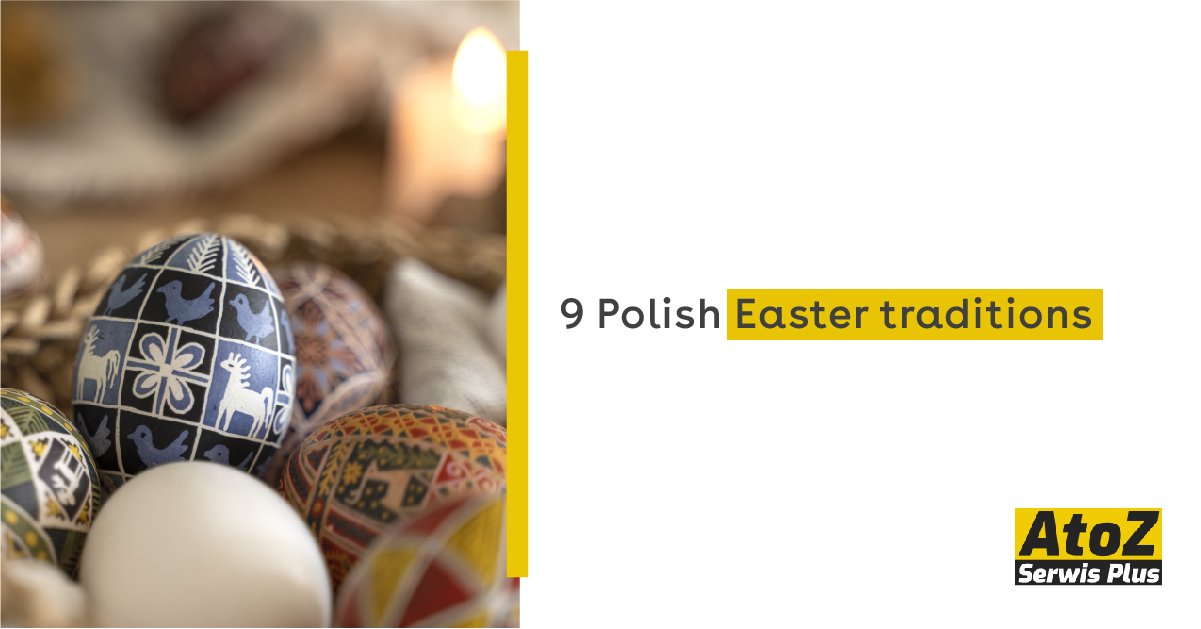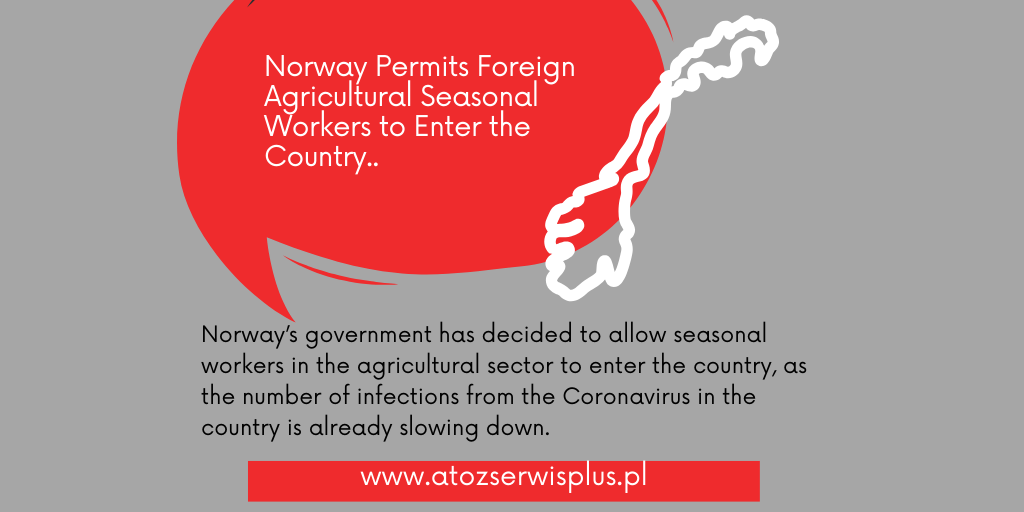

9 Polish Easter Traditions
Poland has celebrated Easter for generations and it is a very significant event there. It brings many significant (and enjoyable!) traditions. Find out more about these customs below!
1. Dried Branches on Palm Sunday
Niedziela palmowa or, in English, Palm Sunday is the name of the Sunday preceding Easter. The completion of Lent and the start of Holy Week are marked by this day. A blessing is performed in the church on this day using dried pussy willows or colorfully weaved dried branches. Since Poland is not a native land of palm trees, different dried plants are employed instead of the customary palm branch use.
2. Easter Cleaning
The week leading up to Easter is traditionally a period of cleaning in Polish homes. This is sometimes referred to as spring cleaning in the United States. In the past, folks in rural areas would use this time to paint and tidy up their barns. The practice of cleaning the entire house, from the windows to the flooring, is widespread today.
3. Decorating Easter Eggs (pisanki)
Polish Easter traditions include decorating Easter eggs. Polish archaeologists also discovered painted eggs from the tenth century there! Today, all varieties of adorned eggs in Poland are referred to be "pisanki," however there are actually a variety of decoration techniques.
Nowadays, natural dyes derived from vegetables like onion skins, purple cabbage, spinach, and others are frequently used to color eggs. When the eggs have been coloured, a design will be scratched onto the egg with a razor or another sharp object. Another technique is to use a hot, vibrant wax to paint the egg.
4. Blessing of the Baskets
The day before Easter, on Saturday, groups of people parade to the church while carrying baskets. These baskets contain items that will be served at the Easter feast and are lined with white fabric. Boiling eggs, sausage, ham, salt, pepper, bread, horseradish, a tiny babka, and a sugar-coated lamb are some of the things in the basket. They bring these baskets to church so the priest can bless them.
5. Easter Morning Mass
On Easter Sunday around six in the morning, some people opt to attend a sunrise mass also known as a Resurrection Mass. Several churches in Poland hold an Easter procession during which the pastor and churchgoers round the building three times while the organ is played for the first time since Good Friday.
6. Easter Meal
Families get together on Easter to eat a traditional Easter supper. Some households eat this as breakfast, while others have it during dinner. Everyone at the table takes a slice of boiled egg and sings Wesoego Alleluja (Joyful Halleluja) or says "Happy Easter" before the dinner starts.
Traditional Polish fare served during Easter dinner includes urek, biaa kiebasy, boiled eggs, as well as a variety of other appetizers and desserts. Easter desserts, which frequently include cakes like babka, mazurek, sernik (cheesecake), and more, really steal the show!
7. Egg Battles
Egg battling is a serious game in Damian's family and the homes of many Poles! Each person will take a boiled egg and pair off during the Easter supper. The boiled egg is held with the pointed end facing forward. On the count of three, the two individuals will knock their eggs against one another. The one whose egg breaks loses, while the person who has an unbroken egg wins. The winner advances to play the other pair's winner. The winner is the person who has the intact egg at the end.
8. Soaking Others on Easter Monday
In Poland, Easter Monday is referred to as "migus-Dyngus" or "Wet Monday." People will covertly drench others with water on this day. If you happen to be in Poland on this day, be prepared to get wet!
This custom originated in Poland centuries ago as a day for lads to drown girls with water (it sounds harsh, but it was actually seen as a form of affection). Currently, using water glasses or little squirt guns in the home is more frequent.
9. Smacking with Pussy Willows
Along with the custom of immersing people in water on Easter Monday in Poland, it's also customary to (gently) hit people in the leg with pussy willow twigs. This is seen as a friendly tradition, similar to being wet.


















